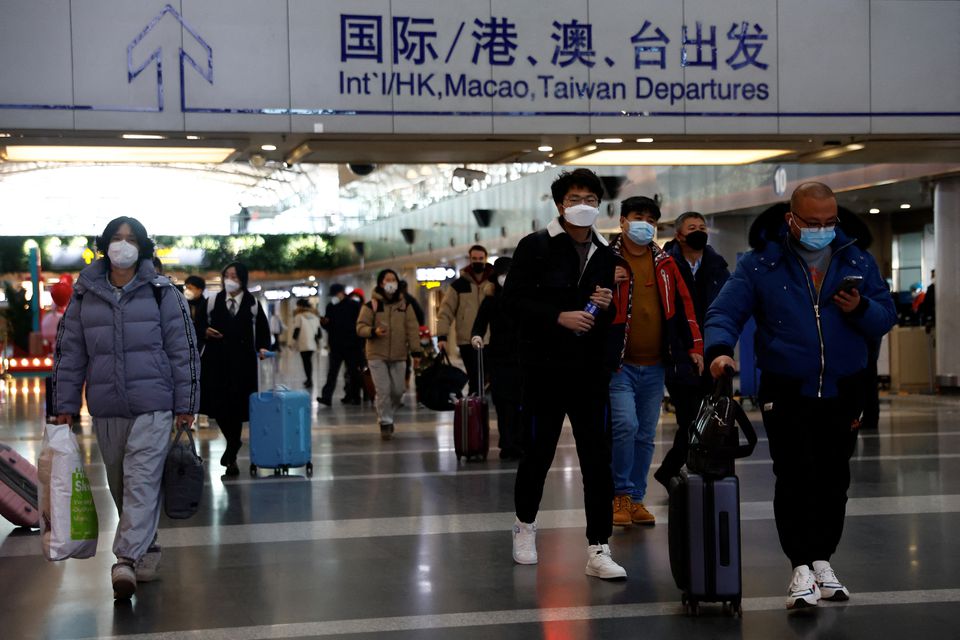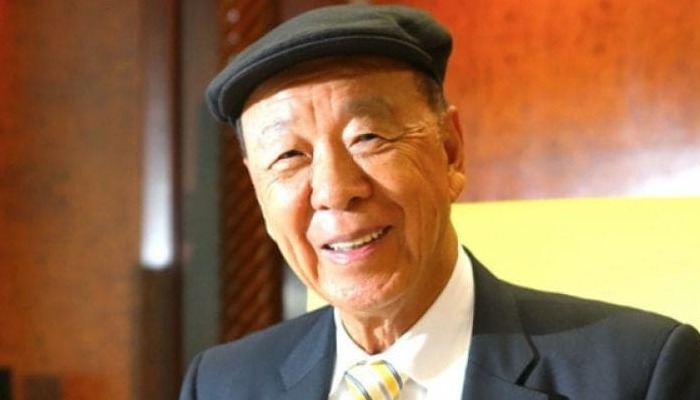
Asian Carriers Refuse to Increase Flights Despite the Surge in Demand for Travel from China
Observers and industry insiders say travel from China is expected to begin up only gradually, with airlines and airports likely to adopt a “wait-and-see” strategy, as nations around Asia brace themselves for the return of Chinese visitors.
In a U-turn on its three-year zero-Covid goal, the Chinese government announced on Monday that it would relax strict border controls starting on January 8. On the same day, it would also reinstate the process for obtaining visas for business, study, and family reunions and lift restrictions on the number of international passenger flights.
The action was taken in response to a dramatic increase in coronavirus cases, which prompted South Korea, Japan, India, and the United States to require Covid-19 tests of all travelers entering from China.
However, despite China’s increasing demand for travel after three years of isolation, scheduled flights to China in the first three months of 2023 are up by less than 3% this week compared to the previous week, or less than 100 additional flights each month, according to aviation data company Cirium.
In contrast, many people on the mainland rushed to book flights after learning about China’s statement, causing a 254% increase in demand on Tuesday morning compared to the day before, according to statistics from Trip.com.
Flight bookings increased by 600% for Singapore, the most popular destination, while they increased by about 400% for South Korea, Hong Kong, Japan, and Thailand.
The only time there will be a capacity problem, according to Subhash Goyal, president of India’s Confederation of Tourism Professionals, is if the Chinese start traveling again aggressively.
Carriers use a “wait and see” strategy
Airlines will monitor the situation before adding initial or skeletal flights, according to Priveen Raj Naidu, an independent aviation expert in Singapore, because many were still “coming out of the Covid war” and trying to save operational costs.
According to Shukor Yusof, the founder of aviation advice firm Endau Analytics, this would take some time as carriers would need to assess the needs of the post-pandemic Chinese market.
As a result, “Airlines will need to adapt gradually and in unison with the moves on the mainland”—a difficult task that necessitates daily observation of the outward and incoming travel patterns.
However, the final say in this is with Chinese authorities.
“There are still a lot of unknowns, most of which are beyond the airlines’ control. Brendan Sobie, a freelance analyst, gave the example of how rapidly outbound group travel is allowed.
“The floodgates don’t just open up when borders are opened and quarantines are lifted. Greater complexity exists in China than that.
Yusof indicated that the Civil Aviation Administration of China and developments following the full reopening of borders would determine if routes to China’s second-tier cities should be reestablished.
It may take months before things settle down, he said, adding that “it will have to take into account the preparation of the airports and other aspects of the chain system that will cater to the enormous numbers of travellers expected.”
Fuzhou, Guangzhou, and Nanjing are just a few of the seven Chinese cities to which Scoot currently offers weekly flights from Singapore.
Singapore Airlines resumed its twice-weekly passenger service to Beijing on Friday.
Both airlines said they will continue to keep an eye on the demand for air travel and alter capacity as necessary to meet it.
The capacity of Korean Air, which presently offers nine flights per week to seven Chinese cities, will increase to 15 flights to nine locations as of the beginning of the next month.
However, airlines in Japan will be requested to maintain the present level of flights to China.
Naidu advised China to make sure its aviation ecosystem is adequately resourced and ready to handle the expected increase in travelers in order to prevent disruptions and problems seen in other countries.
But according to Sobie, China’s aviation industry was prepared for it in terms of manpower.
“The majority of airplanes and pilots, for instance, continued to operate during the pandemic. Strong government support existed, he added, noting that China had a sizable domestic market that did well even during the pandemic.
Image Source: reuters.com
Other Interesting: What To Do When Helping Someone with Gambling Problems
See other website: https://www.og6666.com/
Other Interesting Articles
 What To Do When Helping Someone with Gambling Problems
What To Do When Helping Someone with Gambling ProblemsJan 3, 2023











